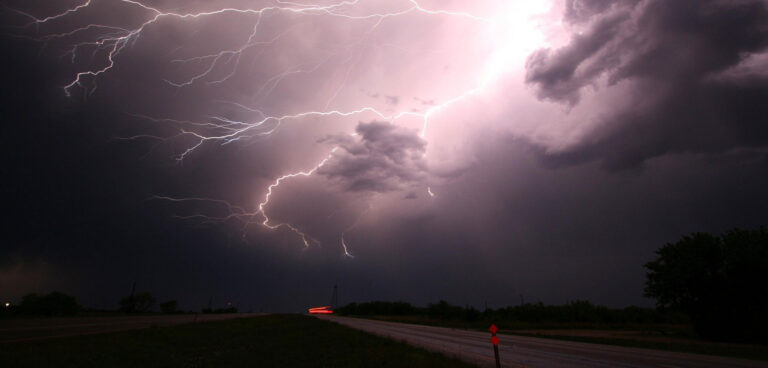Researchers in Switzerland have uncovered a method for predicting where and when lightning will strike using artificial intelligence (AI). The research team at the EPFL research institute in Lausanne has developed a simple and inexpensive system that predicts lightning using a combination of standard meteorological data and AI.
The method can forecast lightning to the nearest 10 to 30 minutes and within an 18-mile radius. In contrast with current systems which require expansive external data – either from satellites or from radar – this new method leverages data from any weather station, says EPFL’s Amirhossein Mostajabi, the PhD student who came up with the technique.
“That means we can cover remote regions that are out of radar and satellite range and where communication networks are unavailable,” Mostajabi told Science Daily. Also, because the data can be acquired easily and in real time, predictions are much faster, says Mostajabi.
The method uses a machine learning algorithm trained to recognize the conditions that lead to lightning. The algorithm was trained using 10 years-worth of meteorological data from 12 Swiss weather stations.
The algorithm focused on four key parameters – atmospheric pressure, air temperature, relative humidity and wind speed – correlating them with recorded lightning strikes. By this method, it was able to learn the likely conditions that led to lightning.
When the training was complete, the system was able to predict lightning with 80% accuracy. This is reportedly the first time that a system based on simple weather data has been able to predict lightning strikes through real-time calculations.
The researchers, who published their study in the journal Climate and Atmospheric Science, are now planning to use their method in the European Laser Lightning Rod project, an EU-wide undertaking aimed at improving lightning protection across member states.



